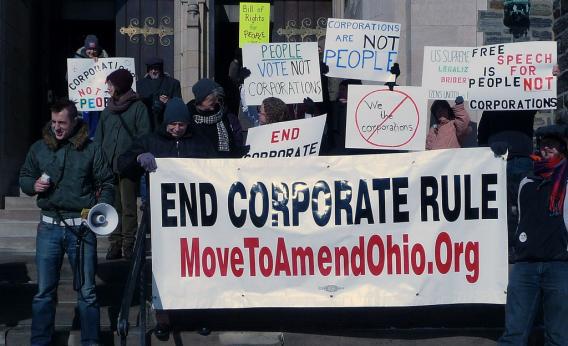Steven Pearlstein’s Swiftian column arguing that we should just legalize bribery already if we’re going to finance our political campaigns like this has me wondering—and not for the first time—what the market price of a vote would be in a real system of legalized bribery. My initial conclusion is that it would hinge substantially on whether or not you’d still be required to actually show up in person and cast a vote.
Under the present system where you do need to show up, the majority of the population seems fairly averse to voting notwithstanding substantial informal social pressure to do it and major GOTV investments by political campaigns. The practical electorate is overwhelmingly dominated by strong partisan who’d be quite resistant to “selling” votes to the wrong party, so you’d be left paying a pretty high price to persuade non-voters to come out and vote for you. But by the same token, if you didn’t have to show up to vote in person then suddenly the vast number of people who don’t care enough about politics to bother voting under the current system would glut the market and buying votes would be (initially) cheap. Now over time under either system presumably the price of votes would end up getting bid up to some kind of set point, so perhaps it doesn’t make a differece. Another issue is that buying votes one at a time seems very inefficient. If votes are not only sellable but transferrable then you could have a class of middlemen who do the tedious work of assembling large blocs of votes and then reselling them in bulk on secondary markets. Traditional rhetoric and campaigning would presumably still play a role. Almost everyone is at least a little bit less favorably disposed to Barack Obama than he or she was in 2008, which would make it cheaper to buy anti-Obama votes than was the case last time around. So along some margins expending resources on genuine persuasion about the merits would still make some kind of sense.
